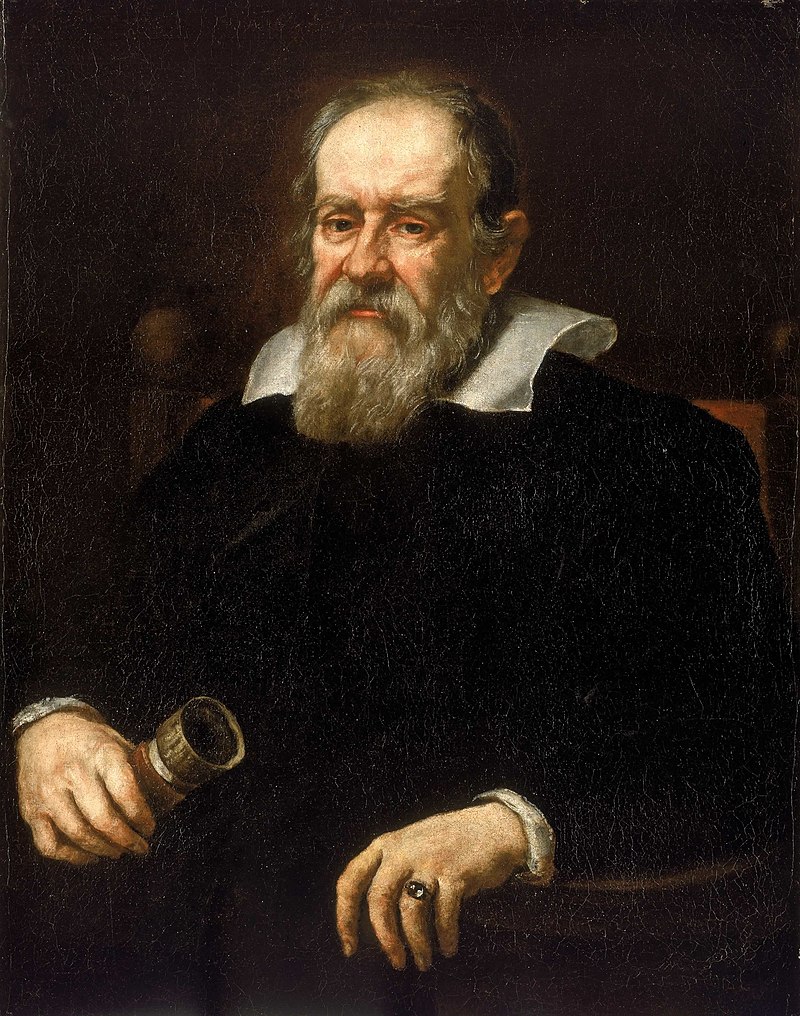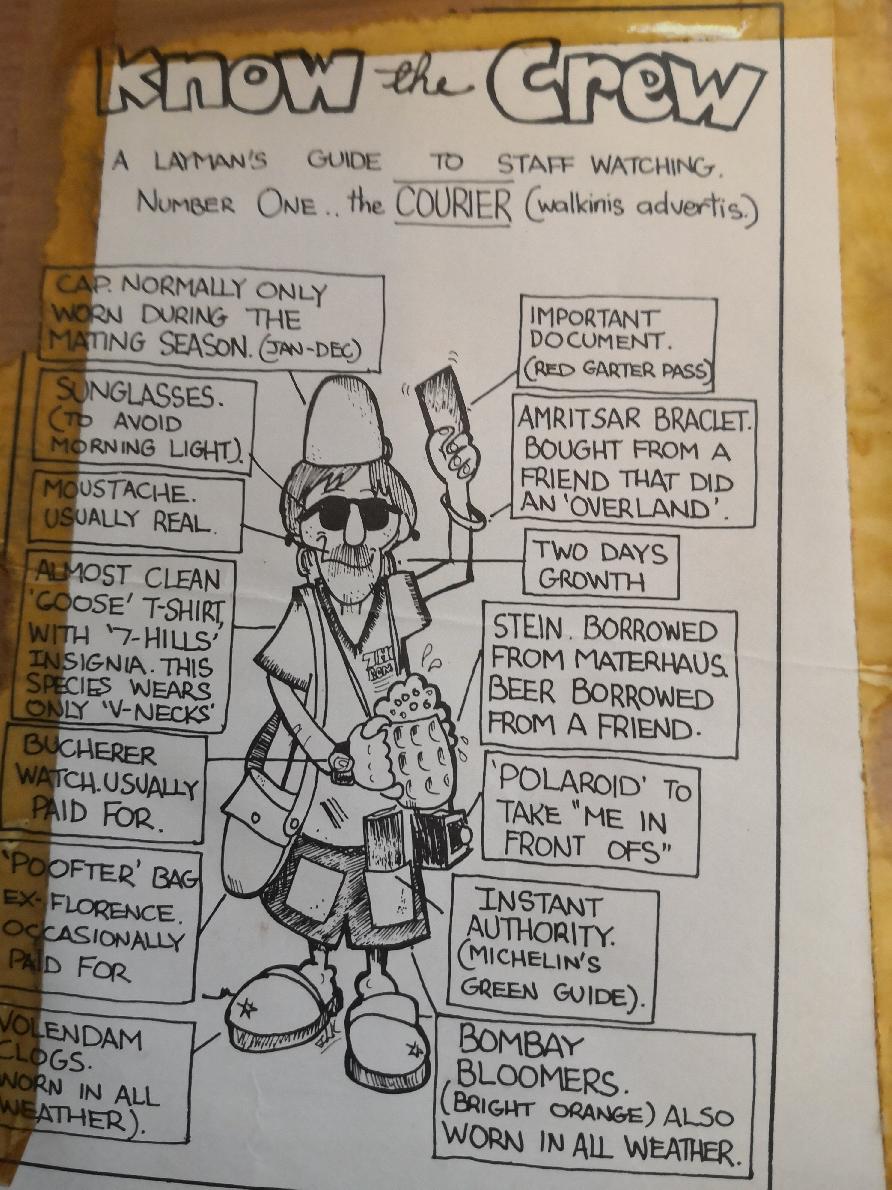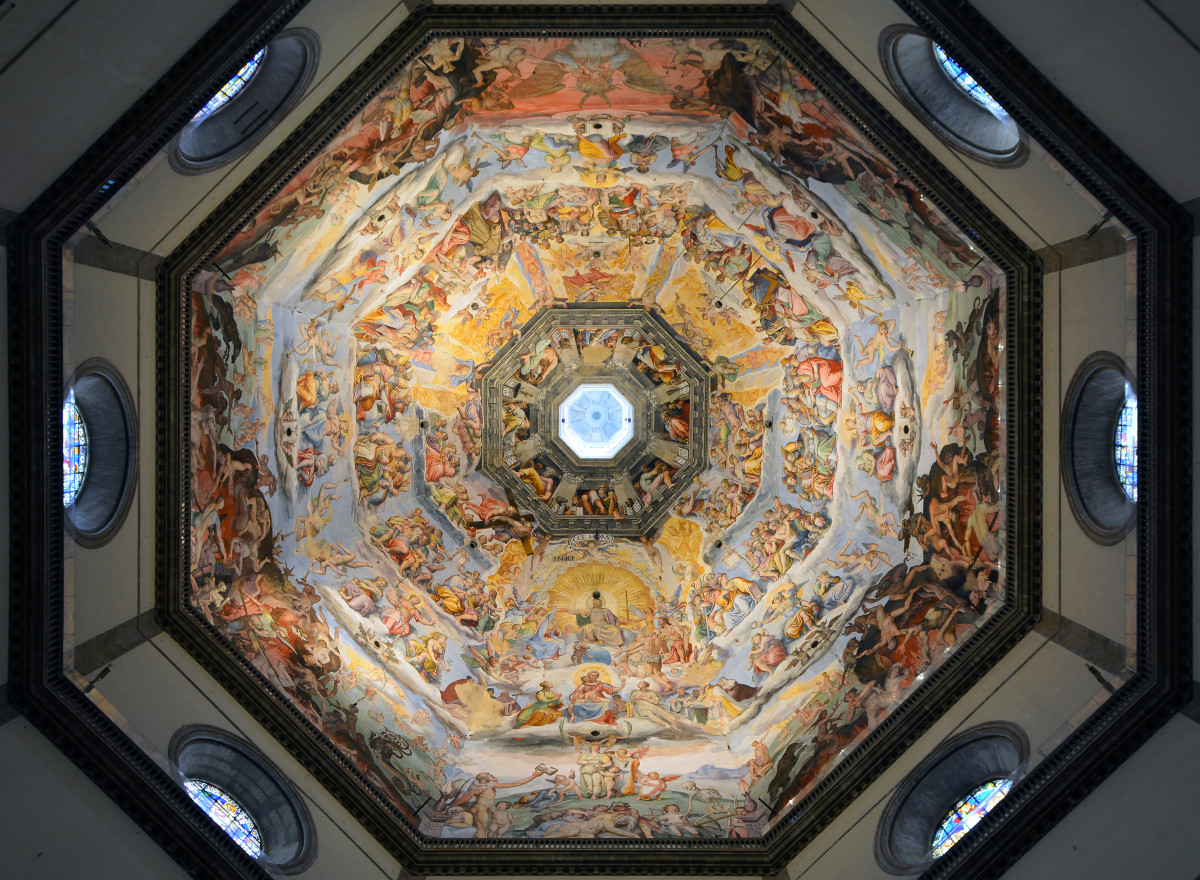
AsianOverland.net
Tour Guide - Itinerary
Asian Overland Sydney to London
Started 22/06/2022 Finished 21/06/2023365 Days ITINERARY
Day 181 date 19/12/2022FLORENCE, ITALY to FLORENCE, ITALY
ASIANOVERLAND.NET WINTER EUROPEAN DAY 8/181: FLORENCE, ITALY
“DAY 8, 19/12/80 FLORENCE
Free day getting lost in Florence.
Space Electronic Disco. WOW!!!!
National Meal – we needed a doggie bag!
Steve says “No more f...ing churches.”
You can't please everyone!! We're only on day 8 of a seven week European trip and the itinerary clearly shows we'll visit a lot more churches. Even a courier who is an instant expert (with a Michelin Green Guide) will be able to find many more churches - we haven't even arrived at the Vatican!!.
Florence originated as a Roman city. In 1100, Florence was a "Commune", meaning a city state. The city's primary resource was the Arno river, providing power and access for industry (mainly textile industry), and access to the Mediterranean sea for international trade. One of the bridges across the Arno stands out – the Ponte Vecchio (Old Bridge), which hosts numerous shops, held up by stilts. The bridge carries Vasari's elevated corridor linking the Uffizi to the Medici residence (Palazzo Pitti). Although the original bridge was constructed by the Etruscans, the current bridge was rebuilt in the 14th century. It is the only bridge in the city to have survived World War II intact. It is the first example in the western world of a bridge built using segmented arches, arches less than a semicircle, to reduce both span-to-rise ratio and the numbers of pillars across the riverbed.
Another great strength was Florentine merchant banking skills after they created financial innovation (e.g. bills of exchange, double-entry bookkeeping system).
Florence's formerly powerful rival Pisa was defeated by Genoa in 1284 and subjugated by Florence in 1406.
After a long period flourishing as a trading and banking medieval city state, Florence was the birthplace of the Italian Renaissance. It was politically, economically, and culturally one of the most important cities in Europe and the world from the 14th to 16th centuries. Florence is known as the "cradle of the Renaissance" for its monuments, churches, and buildings. The best-known site of Florence is the domed cathedral of the city, Santa Maria del Fiore, known as The Duomo, whose dome was built by Filippo Brunelleschi. The dome, 600 years after its completion, is still the largest dome built in brick and mortar in the world.
The Florentine dialect spoken in the city during the 14th century came to be accepted as the model for what would become the Italian language, thanks to the works of the Tuscans Dante, Petrarch and Boccaccio.
From the Middle Ages, Florentine money— the gold florin—financed the development of industry all over Europe. Florentine bankers financed the English kings during the Hundred Years War. They also financed the papacy, including the construction of the provisional capital of Avignon and, after their return to Rome, the reconstruction and Renaissance embellishment of Rome in general and the Vatican in particular.
A notable Florentine was Niccolò Machiavelli (1469 – 1527), whose prescriptions for Florence's regeneration under strong leadership legitimise political expediency and malpractice. Machiavelli was a political thinker, best known for his political handbook, The Prince, about ruling and the exercise of power. Commissioned by the Medici, Machiavelli also wrote the Florentine Histories, the history of the city. The term Machiavellian connotes political deceit, deviousness, and realpolitik. At least we know who to blame ....
Florence was home to the Medici, one of Europe's most important noble families. Lorenzo de' Medici was a political and cultural mastermind of Italy in the late 15th century. Two members of the family were Popes in the early 16th century: Leo X and Clement VII.
The Renaissance wasn't all enlightenment. Galileo championed the novel idea (in Europe) that the earth rotated daily and revolved around the Sun, but was met with opposition from within the Catholic Church. The matter was investigated by the Roman Inquisition in 1615, which concluded that the heliocentrism theory was foolish, absurd, and heretical since it contradicted the Holy Scripture. Galileo was excommunicated by the Catholic Church and found "vehemently suspect of heresy" for suggesting that the Earth was not the centre of the universe.
We camp at Camping Michaelangelo, which is over the Arno river and up a steep hill, for a wonderful, picturesque view of the Duomo, Arno river, Ponte Vechio and city of Florence. This allows for a wonderful walk down the hill and across the Arno for dinner and a disco night at Space Electronic, and a slower walk back up the hill to the camping site.
© This work is copyright. Apart from any use permitted under the Copyright Act 1968, no part may be reproduced by any process, nor may any other exclusive right be exercised, without the permission of Peter Searle, peter@portseavillageresort.com; 1980-2024.
Website built by Justin O’Dea www.webdeveloperdocklands.com.au





